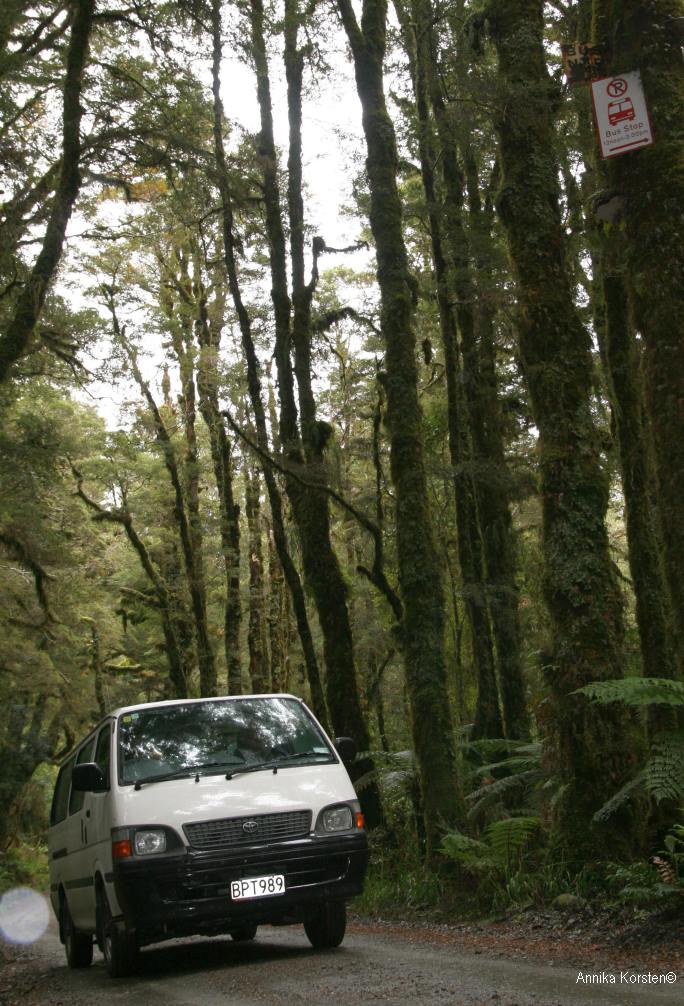 Otago's ecologically orientated Botany students profit from having an spectacular diversity of ecosystems right on the Dunedin campus' door step. The department's teaching in plant ecology is based on a long tradition of research excellence in field ecology, biogeography, conservation biology and plant-insect interactions. Students with expertise in plant ecology find employment with the Department of Conservation, Landcare Research (the CRI), Landcare Trust, consultancies such as Wildland Consultants, regional councils and many other bodies.
Otago's ecologically orientated Botany students profit from having an spectacular diversity of ecosystems right on the Dunedin campus' door step. The department's teaching in plant ecology is based on a long tradition of research excellence in field ecology, biogeography, conservation biology and plant-insect interactions. Students with expertise in plant ecology find employment with the Department of Conservation, Landcare Research (the CRI), Landcare Trust, consultancies such as Wildland Consultants, regional councils and many other bodies.
Otago's Bachelor degrees offer enormous flexibility and choice, what we suggest below is intended as a template which you use as a starting point for designing your own program that matches your goals and interests. The program suggested here will give BSc major in Botany with a minor in Ecology. It weighs heavily on science papers and uses only one arts paper (PHIL 105).
| Year | Papers | Points | |
|---|---|---|---|
1 |
ECOL111 CHEM191 PHSI191 BIOL123 STAT115 COMO101 PHIL105 |
Ecology and Conservation of Diversity (S1) The Chemical Basis of Biology and Human Health (S1) Biological Physics (S1) Plants: How They Shape the World (S2) Introduction to Biostatistics (S2) Computational Mathematics (S2) Ethical Issues (S2) |
18x7=126 |
2 |
BTNY201 ECOL211 GEOL272 BTNY202 BTNY203 ECOL212 MARI112 |
Plant Functional Biology and Biotechnology (S1) Ecology of Communities and Ecosystems (S1) Evolution of New Zealand Biota (S1) Plant and Fungal Diversity (S2) Marine and Freshwater Botany (S2) Ecological Applications (S2) Global Marine Systems (S2) |
18x7=126 |
3 |
BTNY303 BTNY301 PLBI301 ECOL313 BTNY302 ZOOL222 |
Special Topics in Field Botany (SS) Plant Ecology (S1) Applied Plant Science (S1) Ecology Field Course (S1) Plant Interactions (S2) Evolutionary Biology (S2) |
16x6=108 |
The degree course listed above is an example only. Timetable clashes may occur in some years.
